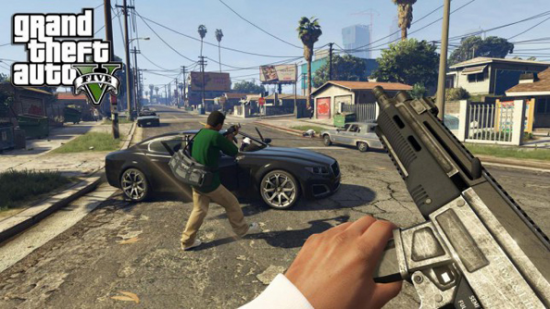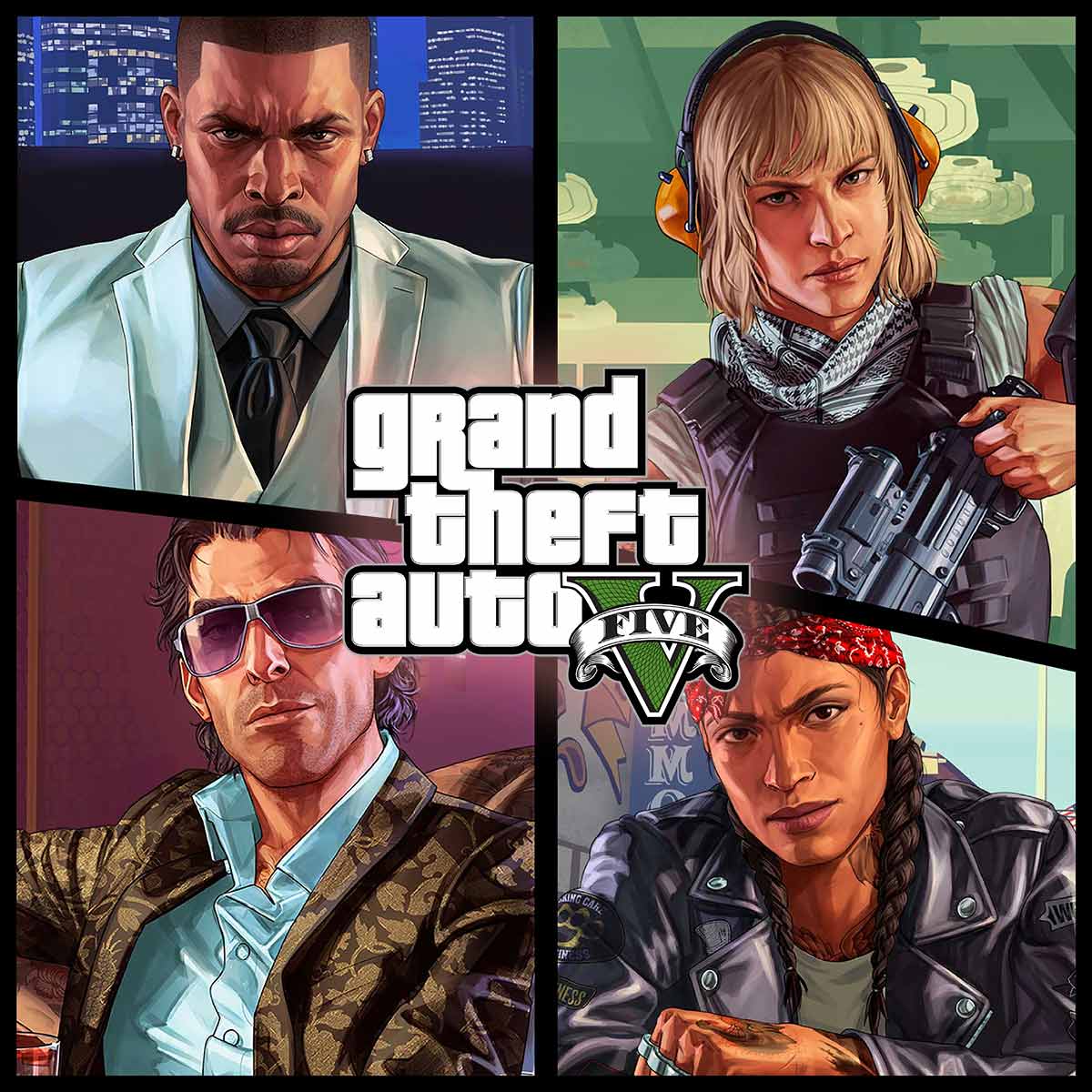GTA Online, the multiplayer component of Rockstar’s
Grand Theft Auto V, has captivated millions of players since its release in 2013. Its dynamic, ever-evolving world offers opportunities for adventure, crime, and riches. However, beneath its surface lies one of the most criticized aspects of the game: its flawed in-game economy. This article dives deeply into the systemic issues of
GTA Online’s economy, from grinding and inflation to pay-to-win dynamics, and examines how these problems affect the overall player experience.
How the Economy Was Designed to Work
At its core,
GTA Online’s economy was created to reflect the high-risk, high-reward nature of Los Santos. Players earn in-game currency, GTA$, through missions, heists, and side activities. This currency enables players to purchase properties, vehicles, weapons, and upgrades. Rockstar also introduced Shark Cards, microtransactions that allow players to buy GTA$ with real money.
Initially, this dual system appeared balanced, offering players the choice between grinding or spending money. However, over time, the grind became increasingly excessive, and Shark Cards grew into a controversial cornerstone of the economy.
The Grinding Problem: Time vs. Rewards
Why Grinding Feels Endless
One of the biggest complaints among players is the sheer amount of time required to earn significant GTA$. Even lucrative missions and activities often reward payouts that feel inadequate when compared to the high costs of new in-game items. For example, completing a high-level heist might take hours of preparation and team coordination, yet the reward may barely cover the cost of a mid-range vehicle.
How It Impacts Player Enjoyment
This grind-heavy approach discourages casual players, who often find it challenging to enjoy the game without sinking countless hours into repetitive tasks. The time-to-reward imbalance leaves many players feeling stuck, as progression seems unattainable without turning to Shark Cards.
The Role of Shark Cards in the Economy
Shark Cards, Rockstar’s microtransaction system, are a significant contributor to the game’s economic imbalance. Players can spend real money to buy GTA$, bypassing the grind entirely. While optional, the existence of Shark Cards has influenced the game’s design, creating a system where grinding feels intentionally slow to encourage purchases.
This pay-to-progress model has caused a rift within the community, with paying players often gaining access to the best items and upgrades faster, leaving non-paying players feeling left behind. This divide has led to frustration and complaints about the fairness of the game.
Inflation in the Game Economy
Skyrocketing Prices of In-Game Items
Over the years, the cost of in-game items has risen significantly. Newly added vehicles, weapons, and properties often come with exorbitant price tags. For example, a luxury car or aircraft can cost millions of GTA$, an amount that could take dozens of hours to accumulate.
Why Inflation Happens
Frequent updates introduce new items and features, but each addition often comes with increasingly higher costs. While these updates keep the game fresh, they also make older content more obsolete and widen the gap between wealthy players and those just starting out.
Heists: A Double-Edged Sword
The Bright Side of Heists
Heists are one of the most lucrative activities in
GTA Online. They offer players the opportunity to earn millions in a short time, particularly with missions like the Cayo Perico Heist or Diamond Casino Heist. These heists have become a saving grace for players looking to earn large amounts of money quickly.
The Challenges of Heists
However, heists require significant time, preparation, and teamwork, making them inaccessible for solo players or those without skilled friends. Additionally, their repetitive nature can lead to burnout, while some players exploit glitches to maximize payouts, risking account bans.
Pay-to-Win Dynamics in Competitive Gameplay
Advantages for Paying Players
In competitive modes, such as races and deathmatches, wealthier players who can afford high-end vehicles and weapons have a significant advantage. For example, owning an Oppressor Mk II, one of the most expensive and versatile vehicles in the game, can drastically change the balance of power.
How It Impacts the Community
This dynamic often alienates non-paying players, who struggle to compete on an uneven playing field. Over time, the pay-to-win system undermines the sense of fairness and community that is essential to long-term player satisfaction.
The Struggles of Player-Owned Businesses
Promises vs. Reality
Player-owned businesses, such as bunkers, nightclubs, and warehouses, were introduced as a way to generate passive income. While they can yield high profits, they require a significant upfront investment, often running into millions of GTA$.
Managing the Grind
To maximize earnings, players must constantly manage supply missions, defend their assets from rival players, and invest time in logistical tasks. For many, this turns what should be a fun and rewarding feature into yet another grind.
Modding and Black Market Practices
Why Players Turn to Mods
In response to the grind-heavy economy, some players resort to mods and hacks to acquire unlimited GTA$. While these methods violate Rockstar’s terms of service, they highlight the frustration many players feel toward the game’s economy.
The Risks of Black Markets
Additionally, third-party black markets allow players to buy in-game currency or items outside of the Shark Card system. However, these transactions often lead to scams, account theft, or permanent bans, further complicating the issue.
Rockstar’s Attempts to Address the Problem
Temporary Fixes
Rockstar has introduced measures like double GTA$ events and increased heist payouts to alleviate economic frustrations. While these efforts provide temporary relief, they do little to address the root problems of inflation and grinding.
The Bigger Picture
As long as Shark Cards remain a key revenue stream for Rockstar, it’s unlikely that significant changes will be made. The balance between profitability and player satisfaction remains a difficult line to walk.
Community Reactions and Suggestions
How Players Are Adapting

The
GTA Online community has developed creative ways to navigate the economy, such as forming heist teams, sharing grinding tips, and organizing events to help new players.
Suggestions for Change
Many players have called for systemic changes, such as lowering item prices, increasing mission payouts, or rebalancing Shark Cards to make them less intrusive. Whether Rockstar will implement these suggestions remains uncertain.
Conclusion: Can the Economy Be Fixed?
GTA Online’s economy is both a testament to Rockstar’s ambition and a reflection of its flaws. While it adds depth and complexity to the game, it also creates barriers that hinder enjoyment for many players. Grinding, inflation, and pay-to-win dynamics all contribute to an experience that can feel frustrating and unfair.
Moving forward, Rockstar faces the challenge of balancing profitability with fairness to ensure the game remains accessible and enjoyable for all. Until then,
GTA Online’s economy will remain one of the most divisive aspects of an otherwise iconic game.




















